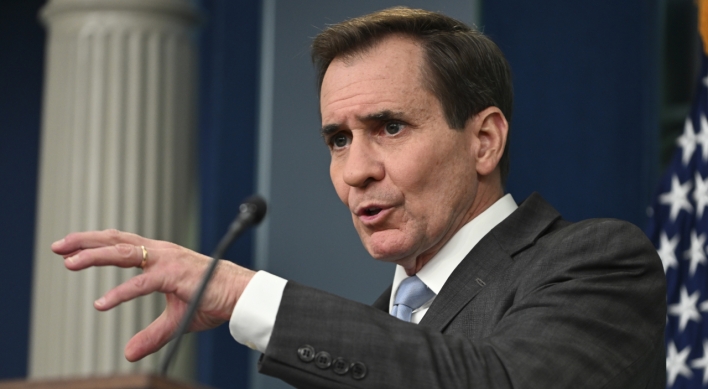The influence-peddling scandal over President Park Geun-hye’s friend is taking a toll on parliamentary discussion on financial bills that seek deregulation for internet banks and governance restructuring at the Korea Exchange.
The rival parties were already at odds for months over the bills pushed by the government and the ruling party, and the discussion is expected to further suffer setbacks, as the political circle is engrossed with the presidential scandal.
The rival parties were already at odds for months over the bills pushed by the government and the ruling party, and the discussion is expected to further suffer setbacks, as the political circle is engrossed with the presidential scandal.

The bills include a revision to the Banking Act to allow information technology companies to own up to a 50 percent stake in internet-only banks such as K Bank or Kakao Bank. The current law bans nonfinancial companies from owning a more than 10 percent stake in banks. If their voting rights are involved, their stake is limited up to 4 percent.
The revision bill, proposed by the ruling Saenuri Party and the Financial Services Commission in July, has faced opposition from opposition lawmakers who worry that conglomerates might use banks as their private coffers.
The government has also been seeking to revise the Capital Market Act to establish a holding company for the Korea Exchange and list each stock market index -- Kospi, Kosdaq and Konex -- on overseas stock markets. However, the bill has been pending since last year due to opposition by the bourse’s trade union and some opposition lawmakers.
The FSC also has been pushing to establish a Financial Consumer Protection Act to enhance consumer protection in the financial sector by setting up a related body under the Financial Supervisory Service. Its plan came as the current regulatory system under the FSC failed to protect financial consumers from financial irregularities such as the 2011 savings banks crisis and the 2013 Tong Yang debacle.
In 2011, a chain of bankruptcies at savings banks led to some account holders failing to get back their deposits. In 2013, more than 40,000 individual investors suffered a combined 2 trillion won ($1.74 billion) in investment losses from buying Tong Yang Group’s nonperforming debts since 2008.
Opposition lawmakers argue that the consumer protection body should be an independent state-run agency to monitor financial companies and directly collect consumer complaints.
By Kim Yoon-mi (yoonmi@heraldcorp.com)
-
Articles by Korea Herald





![[Music in drama] Rekindle a love that slipped through your fingers](http://res.heraldm.com/phpwas/restmb_idxmake.php?idx=644&simg=/content/image/2024/05/01/20240501050484_0.jpg&u=20240501151646)




![[New faces of Assembly] Architect behind ‘audacious initiative’ believes in denuclearized North Korea](http://res.heraldm.com/phpwas/restmb_idxmake.php?idx=644&simg=/content/image/2024/05/01/20240501050627_0.jpg&u=20240502093000)








